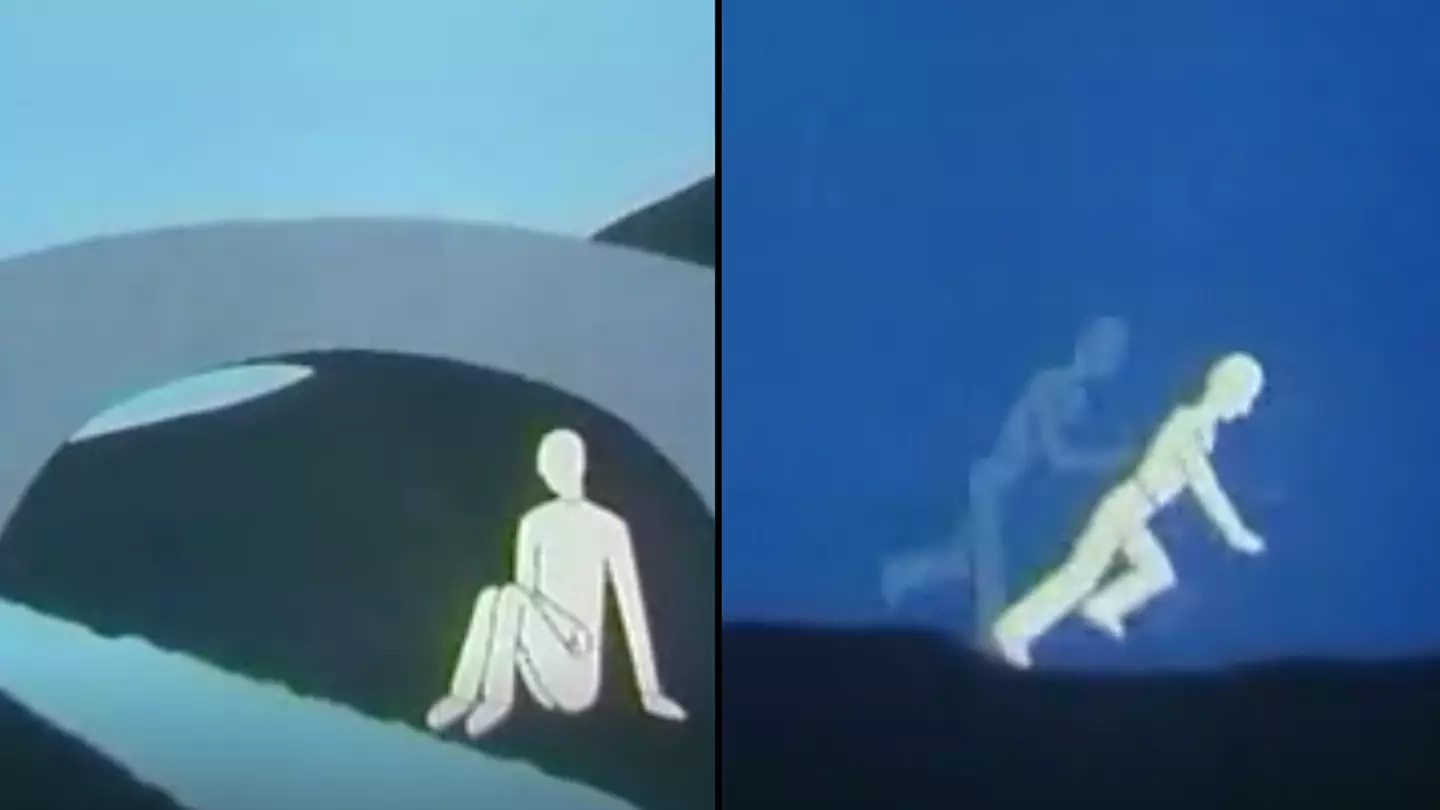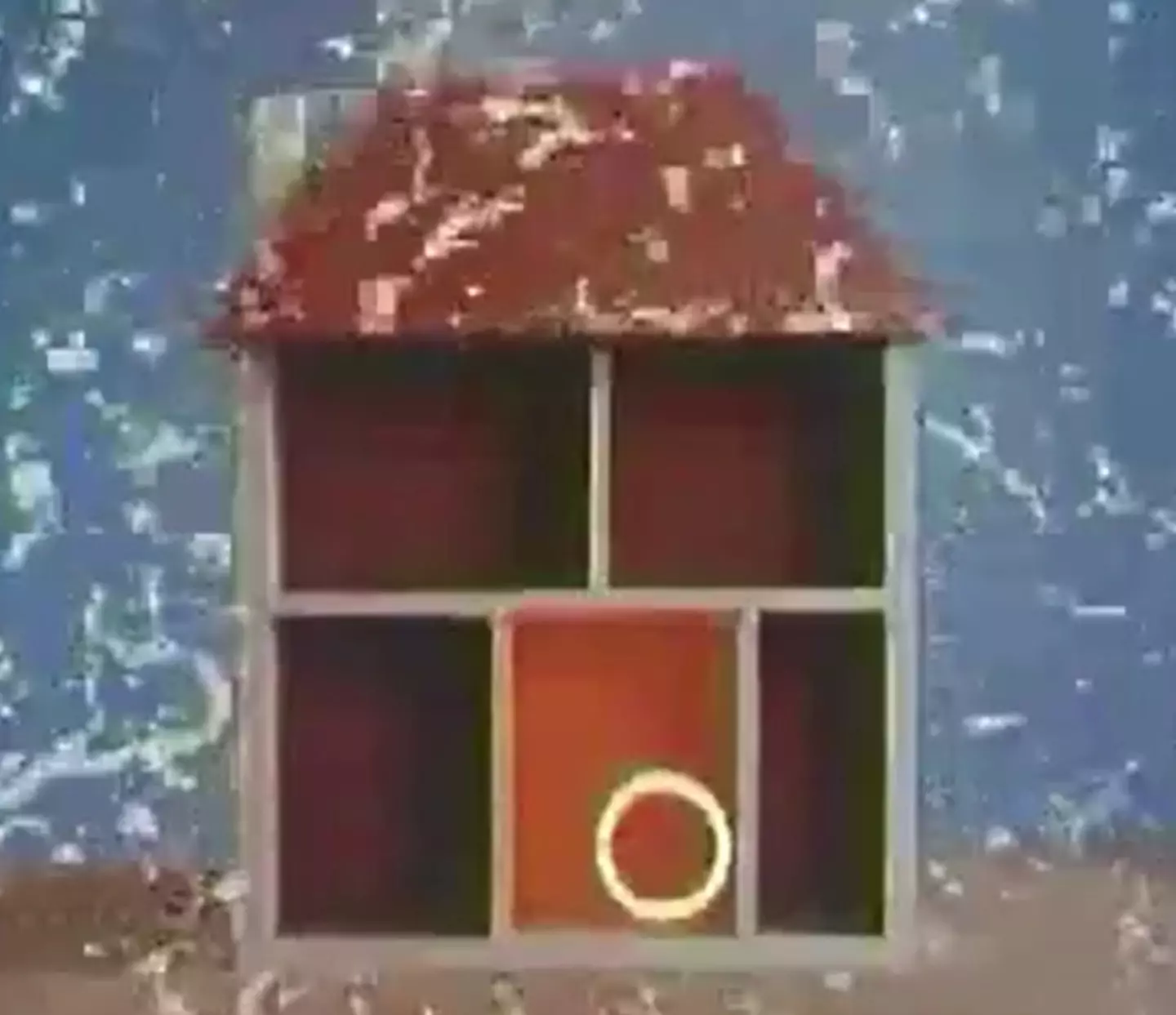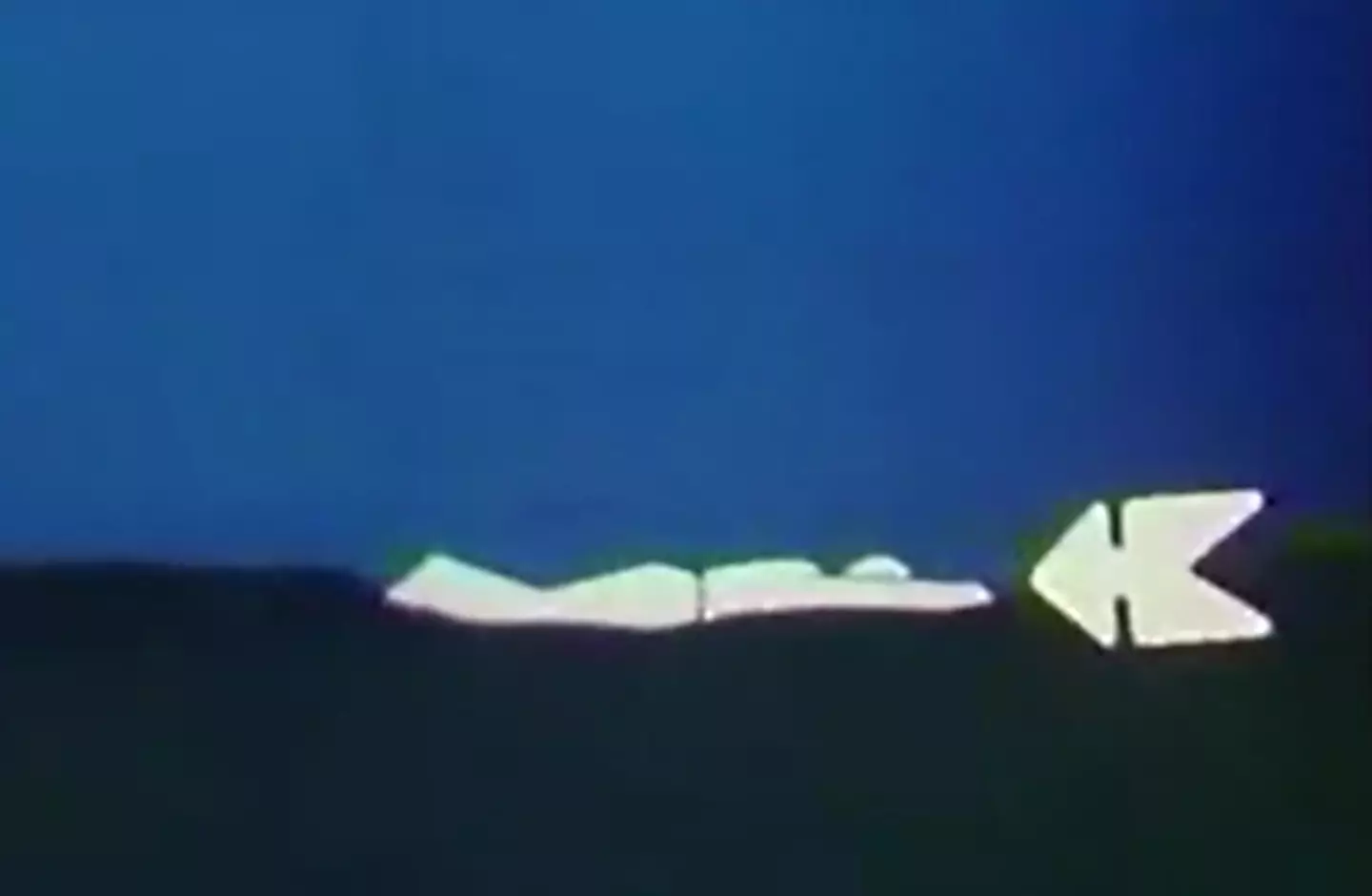
Back in the good old days when you could smoke yourself to death indoors and your parent's journey to and from school somehow involved walking up a massive hill both ways, the threat of nuclear war loomed large.
In the 1970s the Cold War had reached a point where humanity had enough nuclear weapons to pretty much obliterate ourselves as a species and poison the planet for years to come.
There wasn't much the ordinary man or woman in the street could do about this other than cross their fingers and hope they didn't get blown up at a moment's notice, but the British government tried to offer advice on what to do.
Advert
Sadly, it was absolutely terrible advice which was so ridiculous that looking back on it now we'd all surely have been vaporised by the nukes if we'd tried to follow it.
As part of the 'Protect and Survive' campaign a number of public information films were produced instructing people on the supposedly proper course of action to take when the warnings sounded and the bombs started dropping.

If you were in the comfort of your own home enjoying a biscuit when the nuclear warning siren went off you were supposed to switch off the gas and electricity supply to your house before taking shelter in an 'fallout room', basically just the room closest to the centre of your house.
Advert
Then you were meant to get inside your 'inner refuge', a shelter constructed in the fallout room, and stay there for two days to avoid nuclear fallout.
People were advised to stay indoors and listen to the radio for further guidance, but as you can probably guess this would have done basically nothing to protect you from being poisoned by nuclear fallout.
If you were outside when the nukes came down then you were pretty much screwed, as the government film suggested just trying to hide in a nearby building or get under a bridge for cover as though that was going to stop a nuclear bomb.
If you couldn't do either of these things then the official advice was the utterly ridiculous suggestion to lie down in a ditch or a hole.
Advert
On the upside if your body wasn't vaporised into ashes you would at least make yourself very easy for any post-apocalyptic survivors to bury later on.

If you were caught in the blast and making your way into the fallout shelter then you were advised to brush the radioactive dust off yourself before heading inside, which is absolutely not a terrible idea which would pretty much do zilch, no sir.
People at the time thought the advice was pretty ridiculous, as When the Wind Blows and Threads demonstrated that the supposed help from the films wouldn't help you survive a nuclear war.
Advert
All in all it's probably for the best that a global thermonuclear war was avoided (which is not really a controversial statement) as these public information films would have done diddly squat to help people survive nuclear fallout.
As for an actual workable tip, if you ever see a nuclear bomb go off and you can't completely cover the mushroom cloud from view with your thumb then you're basically screwed.
Featured Image Credit: The National Archives